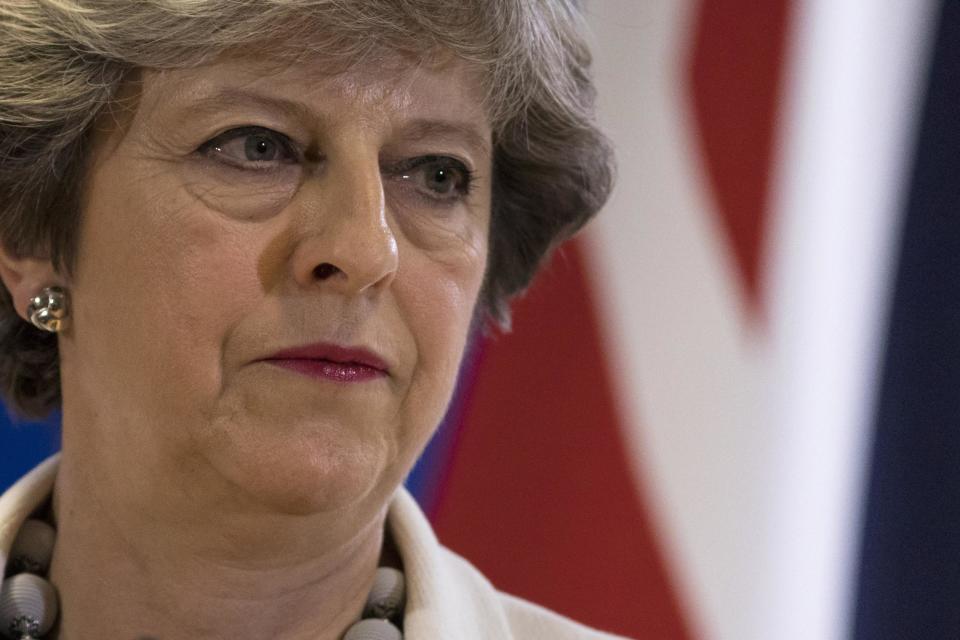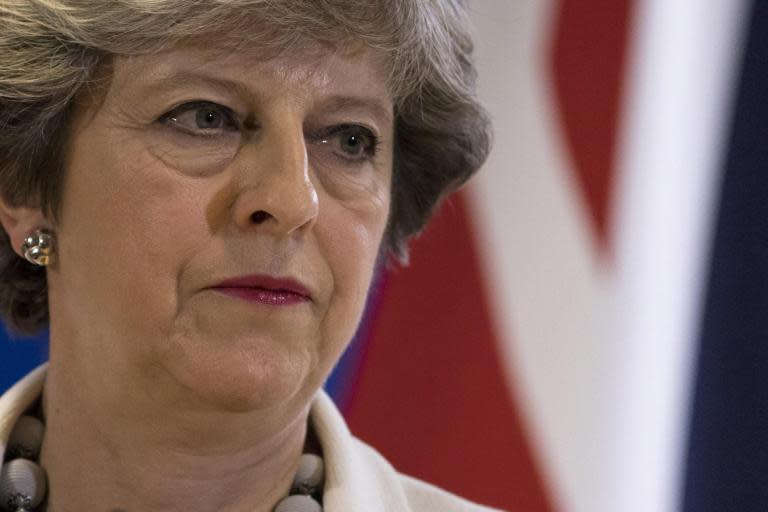Brexit will decimate the UK on the global stage – and everyone but the government has realised this
All Brexit talk is focused on its impact on the UK economy, on trade, on foreign investment and on the contortions of political leaders as they try to control the process.
There has been next to no discussion of what Brexit means for the UK as a geopolitical player. President Trump came and went, treating Britain as he might a swing to a small US state that he didn’t like, but which had a couple of local personalities of use to him at some stage.
Now he is with President Putin, whose agents are believed to have come to Britain to poison people in a gruesome manner and to have interfered crudely in internal British democracy. In the past, the Soviet Kremlin bankrolled the British Communist Party to try to tilt policy in a pro-Russia direction. The Putin Kremlin has been far more successful in offering lucrative contracts or helping out with social media manipulation to help secure Brexit, a prize goal for the Putin geopolitical target of seeing the EU broken up into rival nation states that Russia can pick off one by one.
Soon not a single British minister, nor official, will sit in a single room in Europe where foreign policy is decided. There will be little point in coming to London to address Chatham House or talk with any of London’s excellent foreign policy think tanks, as no one will be interested in what Britain – considered Trump’s plaything, or irrelevant in Europe – thinks on foreign affairs as we are either.
The other undiscussed aspect of Brexit is its revolutionary impact on the British unwritten constitution. This is based on three principles: the people elect MPs. There is a majority of them to form a government with a prime minister as chief executive. The prime minister has a majority in the Commons to enact the laws the ruling party was elected on. Second, the executive committee of the nation decides on the best policy for the nation. The debates can be fierce but once a decision is reached there is collective cabinet solidarity and loyalty – one for all and all for one. Third, there is an opposition and its duty is to oppose by exposing the faults in government policy and offering a credible alternative.
All these constitutional norms have been upended. A populist plebiscite replaced representative parliamentary democracy. There is no governing majority in the Commons save on the basis of relying on a small group of reactionary politicians.
There is no cabinet loyalty or discipline. Boris Johnson and David Davis may have walked out but only after months of serial briefing or open letters rebuking the prime minister who brought them back from the political graveyard two years ago.
Caligula famously said he didn’t mind if Roman citizens hated him as long as they feared him. May is neither feared, nor hated by her cabinet colleagues. Nor is she particularly admired.
Finally, the opposition has given up all interest in opposing the government on the core issue of the day that fundamentally alters the British economy, its public finances, its foreign policy, its social rules and reduces the rights of its citizens to live, work and retire in other EU member states.
There is no majority in the Commons for any kind of Brexit. A “no deal” crash out Brexit advocated now by Johnson, Davis, Rees-Mogg and Farage has no majority. The Chequers deal (or its longer white paper version) will not survive the first negotiating contact with the EU27. It is aimed purely at internal Conservative Party problems. Even as presently drafted, both Jeremy Corbyn and Peter Mandelson say no Labour MP can vote for it. For Brexit to produce a Corbyn-Mandelson axis of agreement shows how far Brexit is revolutionising politics.
There is no majority for a soft Brexit and of course, no majority for withdrawing from Brexit altogether. Thus the constitutional impasse. Democracy only requires a majority of one. It is the democratic tyranny. But democracy cannot function if there is no majority at all.
That is why more and more are coming round to the need to ask the people again. The grandiloquent language of a “People’s Vote” as if normal elections did not involve people, can be forgotten.
A new referendum is now the only way of cutting the Gordian knot of there being no majority in the Commons, no majority in the public realm, no majority in economic Britain on any kind of Brexit. Justine Greening, the Rotherham born Tory who is at the centre of modern Conservatism understands that. How long before Theresa May and Jeremy Corbyn join her?
In the end, the people may uphold the decision of 23 June 2016. Then the debates can stop and Britain will become a very different country, and fast. Or some of the 14.4 million who voted for Brexit, or the 27.1 million on the electoral register who did not vote for Brexit as well as 16 and 17 year olds whose future is at stake, may decide to free May and Corbyn from their Brexit trap and let them get on with governing and opposing based on policies they think are in the best interest of Britain.
Denis MacShane is the former Labour minister for Europe. His latest book is “Brexit, No Exit. Why (in the End) Britain Won’t Leave Europe” (IB Tauris)

 Yahoo News
Yahoo News 

